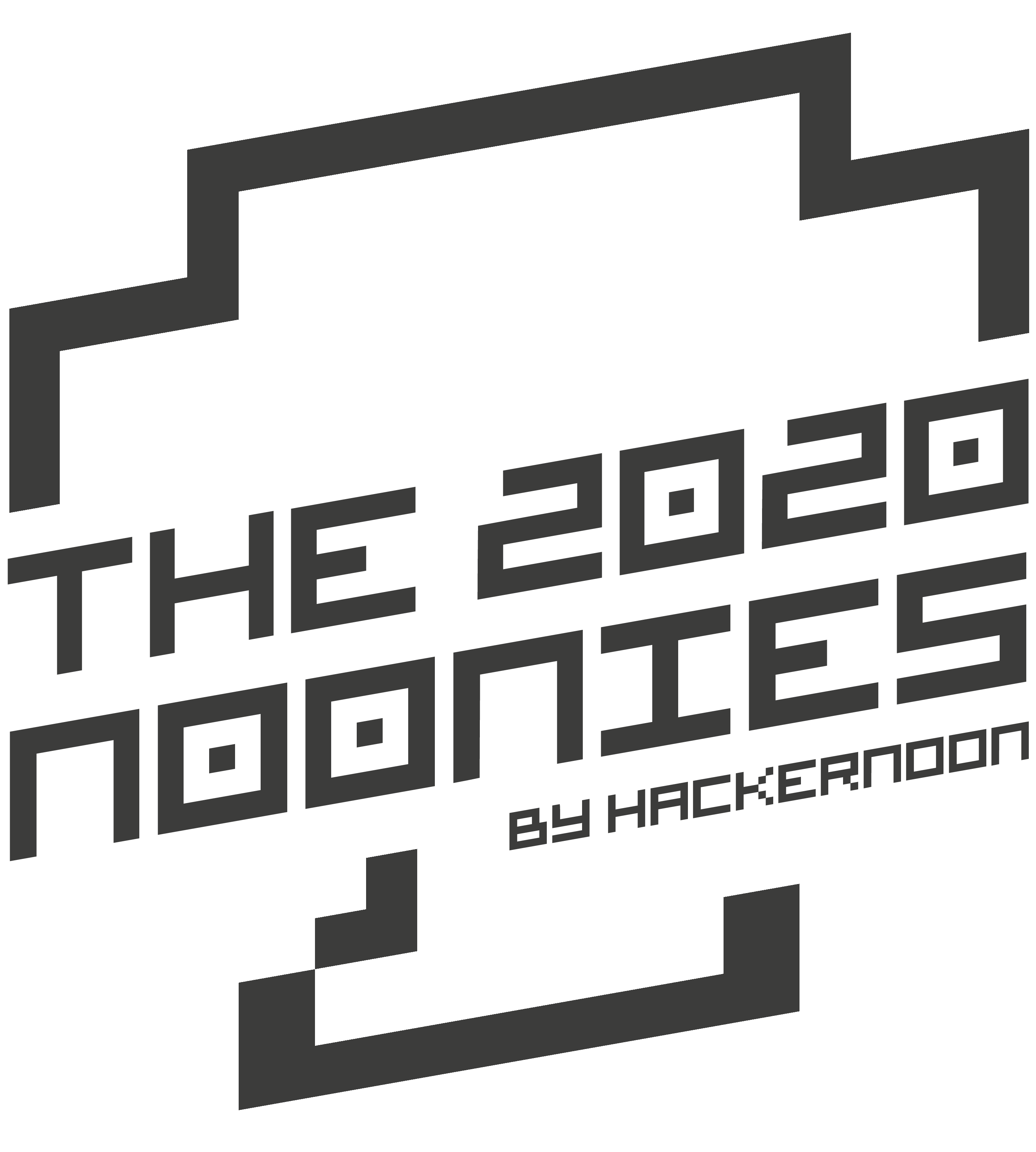Ax Sharma's Top 5 AMA Answers: from Black Mirror to Governmental Attacks
by
September 17th, 2020

The Tech Industry's Greenest Awards. Public Nominations Are Open. Voting Starts Aug 13.

The Tech Industry's Greenest Awards. Public Nominations Are Open. Voting Starts Aug 13.